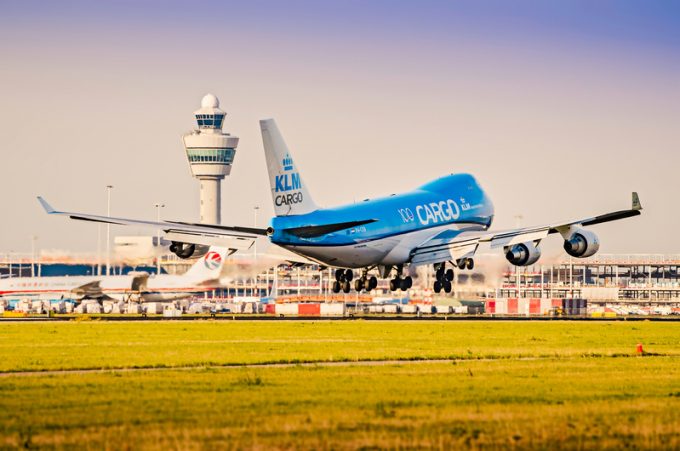Schiphol grows cargo volumes – but airport stakeholders want more
News that Schiphol (AMS) has grown its cargo volumes in the first half of the ...

Amsterdam Airport Schiphol saw full freighter flights rise 48.1% in the first half of the year, but total cargo volumes fell 14.5%, owing to the decline in belly traffic.
The news came following a row in the Netherlands over how Schiphol has served freighter operators, and ...

Comment on this article